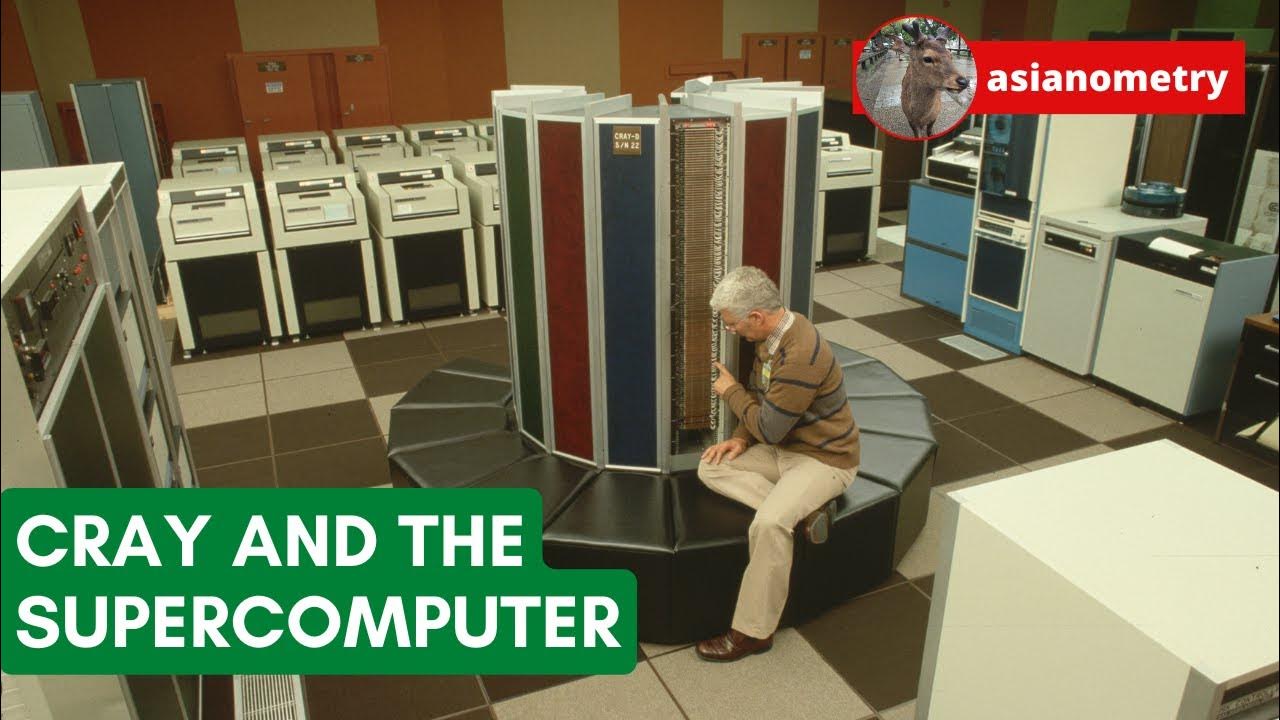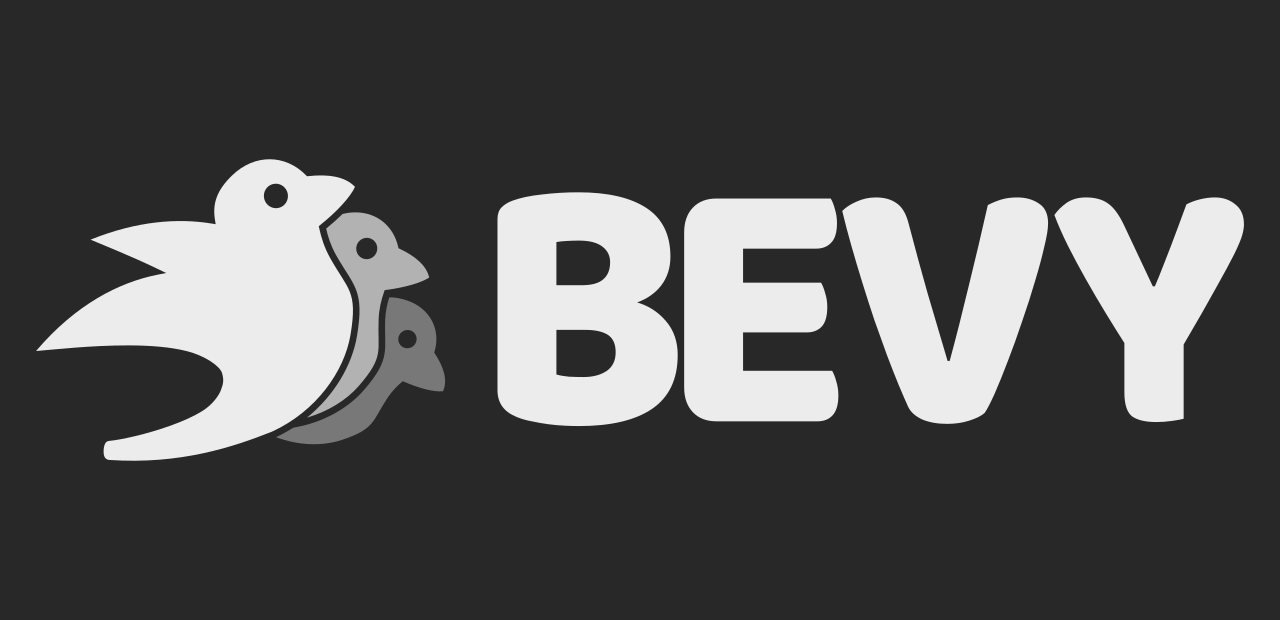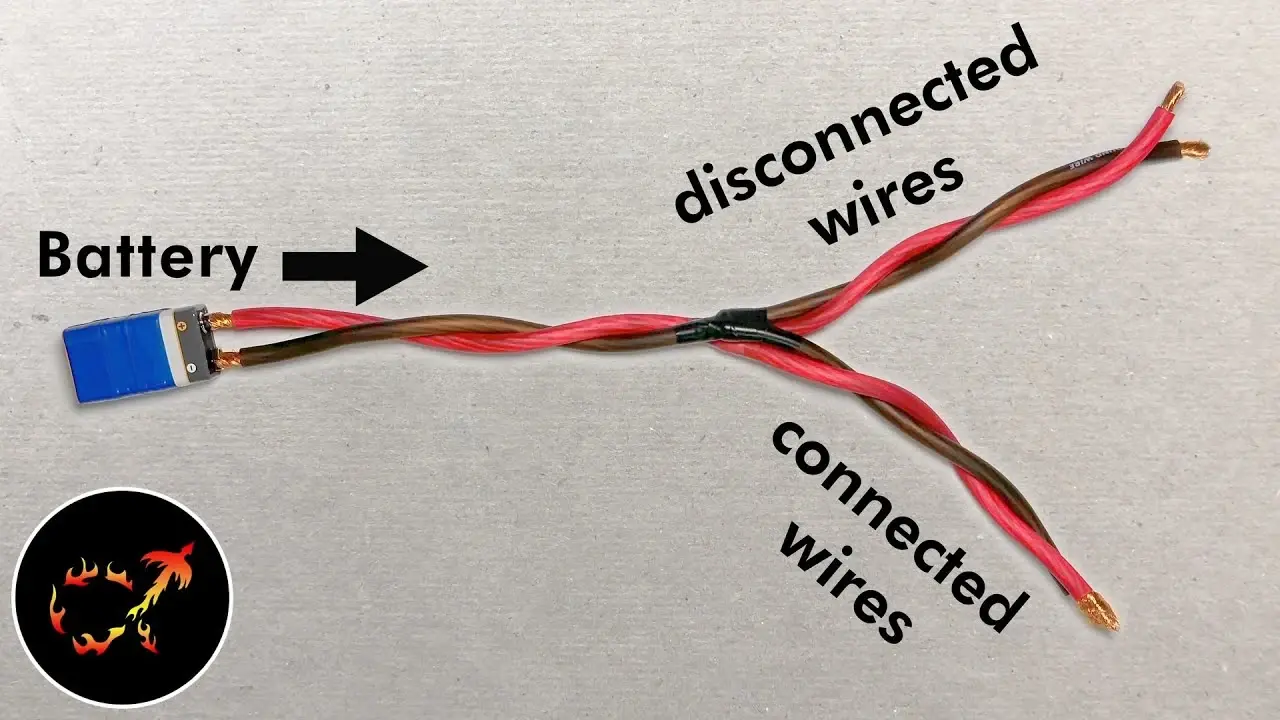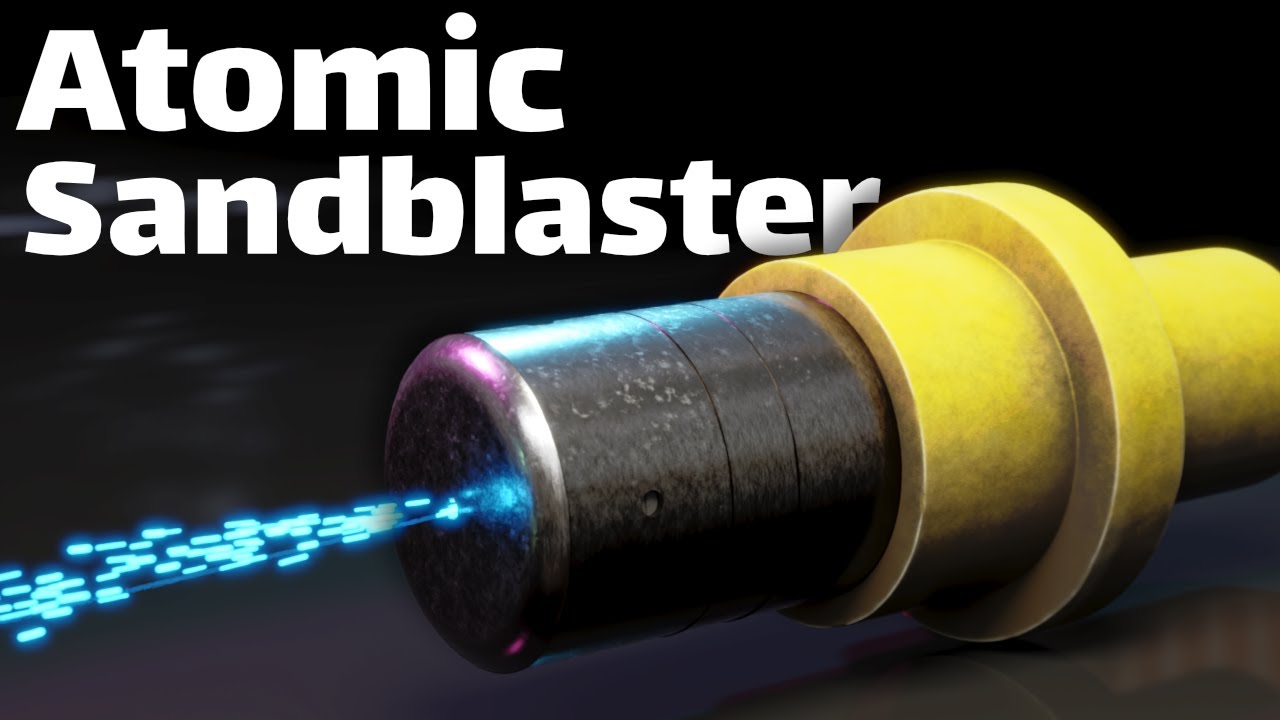

DeepL has always used machine learning, and they already switched to LLMs for some language pairs – not rebranded ChatGPT, but their own stuff. They’re also quite open about the model not being perfect, they’re advertising with things like “blind tests show our results sound more natural than the competition”, “our model output needs fewer edits than the competition”, etc.
And yeah they definitely didn’t edit this one much from the English original. English sentence structure and American idiomatics all over the place, it’s tedious to read. Quite, but not entirely, as bad as this.





















Algorithmic patents amount to patenting maths which, by very longstanding precedence, is not a thing, for good reason. Same goes for business methods and other stuff.
In the EU there’s only one way to patent software and that’s if you’re using it to achieve direct physical ends. E.g. you can patent washing machine firmware in so far as you patent a particular way to combine sensor data to achieve a particular washing result. Rule of thumb: If, 30 years ago, you’d have an electromechanical mechanism to do the task then you can patent the software that’s now replacing it.
Oh: It’s also possible to patent silicon, that is, you can patent your hardware acceleration methods for video decoding. That doesn’t extend to decoders running on general-purpose hardware, though.
If you want to monopolise your brand-new hash algorithm there’s a simple way: Don’t publish the source, use copyright to collect royalties… though that doesn’t mean that reverse engineering is outlawed, especially if necessary for interoperability. Practically speaking nope hash algorithms just can’t be protected which is fair and square because it’s academia who comes up with that kind of stuff and we paid for it with taxpayer money. Want to make money off it? Get tenure.